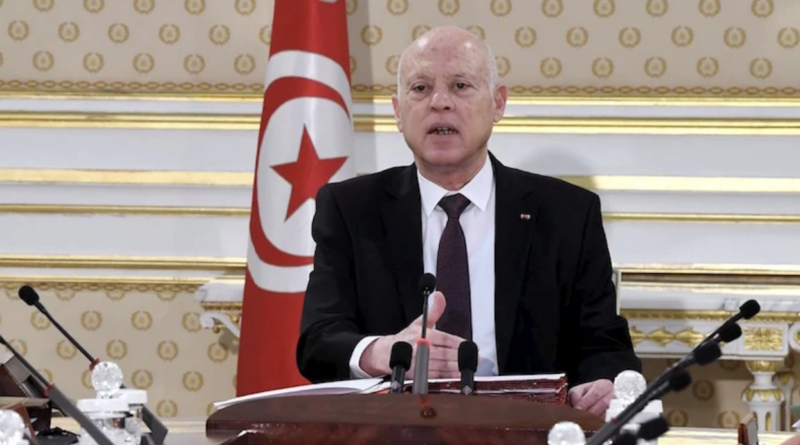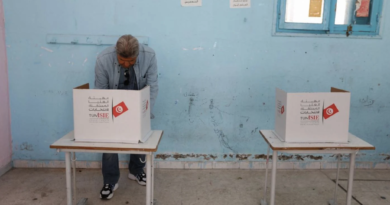Tunisian President Set for Re-election Amid Power Consolidation and Protests
On Sunday, Tunisia’s President Kais Saied is seeking re-election in a contest where he is heavily favored to win. Although over a dozen candidates aimed to run, the electoral commission allowed only two others to appear on the ballot.
One of these candidates, Ayachi Zammel, was sentenced to 12 years in prison for document forgery just days before the vote, yet his name remains on the ballot. Tunisia, which became the birthplace of the Arab Spring in 2010, was once viewed as a democratic beacon for the region. However, since being elected in 2019, Saied has taken steps that have concentrated power within his office, including suspending parliament and rewriting the constitution.
This marks the third presidential election in Tunisia since the 2011 ousting of long-time leader Zine al-Abidine Ben Ali, who fled the country after massive protests. Saied, a 66-year-old former law professor, initially gained widespread support but has since faced criticism for his consolidation of authority.
No significant campaigning or public debates have occurred ahead of the vote, and posters of the president dominate the streets. The election is widely seen as a referendum on his leadership. Meanwhile, the largest opposition group, Ennahda, has seen many of its senior figures detained, and eight other potential candidates were excluded from the race.
In recent weeks, demonstrations have erupted in the capital, Tunis, with citizens calling for free and fair elections. Despite Zammel’s conviction for falsifying voter signatures, he remains on the ballot, while the third candidate, former MP Zouhair Maghzaoui, has shifted from a supporter of Saied’s earlier power moves to a critic.
Tunisia’s economy is another pressing issue, with the country’s unemployment rate at 16%, driving many young people to leave in search of better opportunities. Tunisia has become a key departure point for migrants attempting to reach Europe, and the European Union has provided financial assistance to help Tunisia curb migration flows.
In response to economic woes, Saied has blamed sub-Saharan African migrants, accusing them of contributing to a conspiracy to alter the country’s demographic makeup. This rhetoric has sparked a rise in racist incidents across Tunisia. Some groups have organized protests against these divisive comments.
Despite Saied’s consolidation of power, many Tunisians appear disillusioned. Voter turnout in last year’s parliamentary election was just 11%, and similar apathy is expected for this presidential election. Official results will be released within three days, but the outcome seems largely predetermined.



